Context
Microbial monitoring of the atmosphere of the International Space Station (ISS) is critical to sustaining human spaceflight. The ISS atmospheric microbiome contains bioaerosols, including , that are introduced by humans, payloads, cargo, etc. The Microbial Air Sampler (MAS) is currently used to monitor the ISS cabin air every three months, but sample return is required for microbial identification.
To enable real-time microbial profiling of ISS surfaces, a molecular method has been developed around miniPCR™ and MinION™, and a culture-independent swab-to-sequencer method has been implemented.
Recently, the Coriolis Compact was selected for evaluation toward method development centered on the previously validated nanopore sequencing method. The objectives include comparing a new cultureindependent monitoring method with the current culture-based process for air sampling and analysis.

